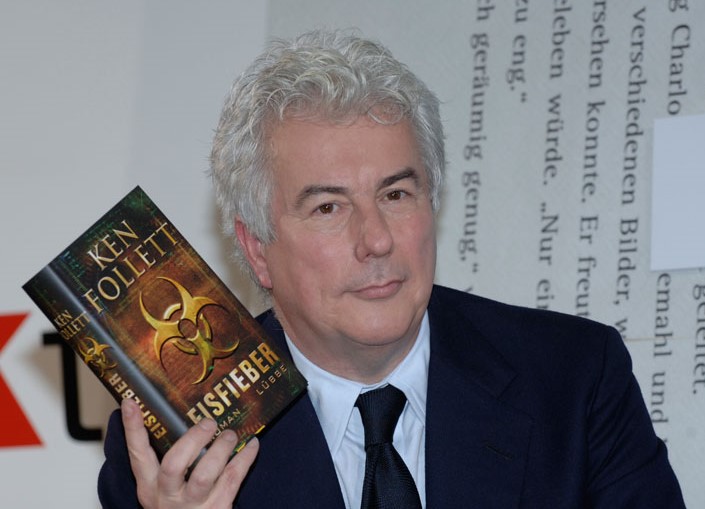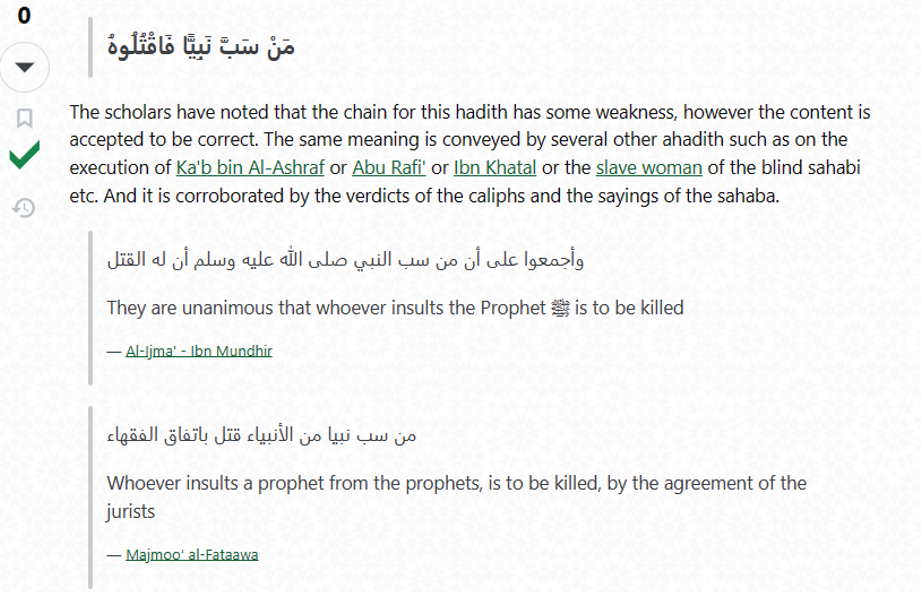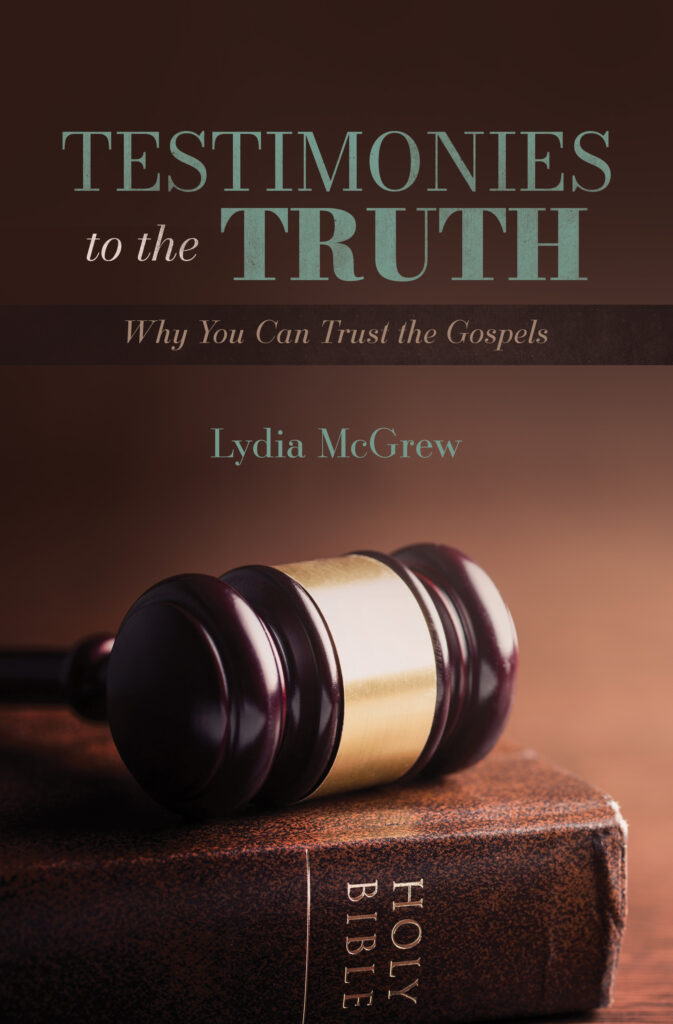This new video by Argon of Akkad is worth viewing.
There are several mentions of C S Lewis in the comments, including one by me that I just added. A few commenters refer to Lewis’s important essay ‘The Abolition of Man’ in which amongst other things he says that ideas have consequences that we might not have intended but in fact have made inevitable by our actions. For example, castrating horses and then expecting them to beget offspring or promoting disloyalty and then being surprised by treason.
This video by Sargon is a reflection on some words of Richard Dawkins in a recent interview in which he appeared to be saying that he had some regrets about the decline of Christianity, despite working very hard for years to accelerate this decline. Dawkins, choosing his words carefully, expressed disquiet about widespread Muslim Ramadan celebrations in London, and while still disbelieving the central claims of Christianity, saw himself as a ‘Cultural Christian.’ Sargon, while stressing that he remains an atheist, said that the idea of getting rid of actual Christian belief while still expecting to retain nice things around belief (like cathedrals and Christmas carols for example) is wishful thinking.
I think Dawkins speaks for quite a few people who never go to church or read their Bibles and make little or no attempt to revere or follow Jesus in their daily lives, but who appreciate having the trimmings of Christianity around. Christmas, Easter, christenings, weddings, old churches and cathedrals, and stuff like the idea that if you were good you might be rewarded in a life beyond this one. I remember reading in a survey that a large majority of non-religious people, including quite a few professing atheists, believe in some kind of afterlife.
I hear all sorts of whimsical stuff about ‘…wherever you are; floating in the breeze, looking down from the stars, in the summer wind and the autumn leaves…’ etc at secular funeral ‘services’ (who is being ‘served’ if there’s no God?) But if atheism is true, then the departed person being addressed is now a total non entity in the void. However difficult it is for even atheists to come to terms with and admit it, that’s what their faith teaches. Of course, it’s nice to think about a nice afterlife (at least for nice people like them-because we are all nice in our own eyes, aren’t we?). A lot of people believe stuff that makes zero sense if atheism is true. Atheism/materialism is a bleak and comfortless world view if you take it seriously, which is why so many like to keep some and fluffy Christianity Lite up their sleeve.
So what are the effects of the well documented, and unprecedented, decline in Christian belief on this country? Difficult to measure. We can’t run a trial by comparing 2 Britains, one of which didn’t reject Christ, side by side to measure the outcomes over a century or so. But life in Britain does seem to be getting worse in many ways. One of the worst things today (unless you own several homes, like most of our rulers) is unaffordable housing. Why should housing be so unaffordable? This should matter to Christians, poor people having somewhere decent to live mattered to Jesus.
When I recently visited my brother Chris in Devon we heard the pub landlord saying how some new houses were being built but selling for at least £350,000, but ‘Everyone round here is on the minimum wage-they can’t afford to buy them.’ We didn’t have a housing crisis like this when we were growing up-anyone who was willing to work and save could get a place to live, now they can’t. What has made the difference, and why can’t we fix it? There are many obvious and workable solutions, why don’t we deploy them? I think it’s because of widespread greed, selfishness, a lack of love for others and corruption (and mass immigration but I don’t want to go there is the context of this conversation). Is any of that to do with the decline of Christian faith? I can’t prove it, but I suspect it is, and it is consistent. I think that people are just greedier and more selfish than they used to be. And they have been being told for decades that they should do what they feel, not feel guilty, and above all not to worry about the Big Scary God who might send them to hell if they behave selfishly.
C S Lewis wrote somewhere that where a society is largely guided by authentic Christian belief (love God, love your neighbour, don’t take more than your fair share, be humble, tell the truth, work hard etc) you will have a more just and humane society, better laws, schools, even better art and literature, BUT we mustn’t use those utilitarian arguments to promote Christ. We should believe in Christ because He is true, even if it makes us worse off in this present world.
It is interesting to see the growing number of atheists-people like Pat Condell and Douglas Murray for example- who while still disbelieving the Gospels, are starting to see some negative effects of the decline of Christianity which they regret, for example, the transgender madness, the decline in freedom of speech and the massive and unprecedented growth of Islam in the midst of us. If our society is radically transformed in a bad way because of a general departure from Christian faith and the embracing of different ways of viewing the world, ourselves, duty, personal accountability and eternity, then that will not of itself prove that Christianity is true. But it would count as supporting evidence, just as a glowing character reference would not prove that an accused person was innocent of a crime but it would make it seem more likely.
Sargon mentions that former atheist Ayaan Ali Hurst has come out as a Christian, not least as she sees Christian faith as the only answer to the problems facing the western world (see above-I hope her faith is sincere). I don’t think Western Civilisation can now be saved (it would be great to be proved wrong) and hold out no hope for a mass revival, but the ship hasn’t quite gone down yet. But the flood is coming, I should get in The ark (who is Jesus) ASAP if I were you, dear reader, the flood is coming.














